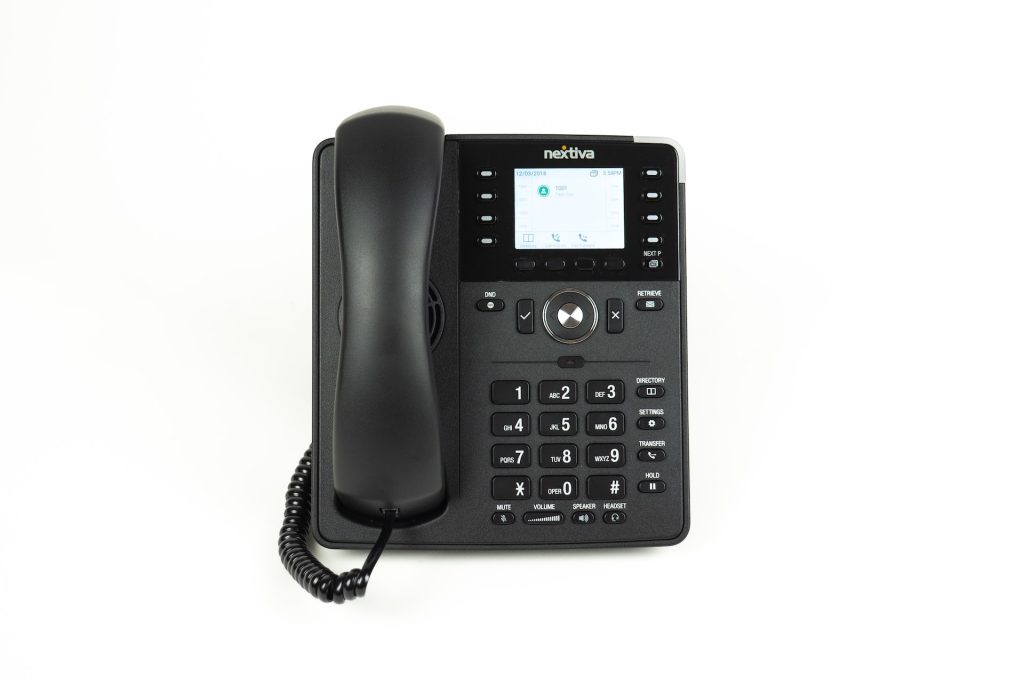Voice over Internet Protocol is quickly becoming the go-to communication tool for businesses. But with its widespread adoption, there are still a variety of myths and misconceptions about VoIP that can make it difficult to understand how the technology works. To help you make the most of VoIP, we’re debunking some of the most common VoIP myths.
But before Anything Else, What’s VoIP?
VoIP, Voice over Internet Protocol, is a technology that allows people to make phone calls over the internet. It takes the audio from a phone call and digitally encodes it, then sends it over the internet as data. This data is then decoded and sent to the other person’s phone, allowing them to hear the conversation.
Debunking VoIP Myths and Misconceptions
Many myths and misconceptions about VoIP are still circulating, and these must be debunked so people can better understand the technology and its capabilities. Below, we’ll take a look at 6 of the most common VoIP myths and misconceptions and set the record straight.
Myth #1: It’s Too Complicated to Set Up
This is one of the most common myths about VoIP, but it’s also one of the easiest to debunk. While VoIP requires some setup, it’s no more complicated than a traditional telephone system. Many VoIP systems are designed to be as easy to use as possible, with intuitive user interfaces and quick setup processes.
Myth #2: It’s Unreliable
On the contrary, VoIP is more reliable than traditional telephone systems. This is because VoIP systems use the internet to make calls, which is a much more reliable connection than traditional telephone lines. Your VoIP calls should be clear and reliable as long as you have a good internet connection.
Myth #3: It’s Too Expensive
VoIP is very cost-effective, especially when compared to traditional telephone systems. It’s often less expensive to make calls over the internet than it is to use traditional telephone lines. Additionally, VoIP systems are often cheaper to set up and maintain than traditional telephone systems, which can help businesses save money in the long run.
Myth #4: VoIP Calls Are Less Secure
VoIP calls are just as secure as traditional telephone calls. All VoIP systems use encryption to protect calls from being intercepted. Many VoIP systems also use advanced authentication protocols to ensure that only authorized users can make and receive calls.
Myth #5: It Won’t Work with My Existing Phone System
Many VoIP systems are designed to be compatible with existing telephone systems, so you don’t have to worry about replacing your existing system. Additionally, many VoIP systems offer features that can be used with existing phone systems, such as call forwarding, conference calling, and voicemail.
Myth #6: VoIP Calls Are of Lower Quality
When making phone calls, many assume that VoIP calls are of lower quality than traditional telephone calls. However, this is simply not true. In fact, many VoIP calls are of higher quality than traditional telephone calls.
Conclusion
VoIP technology has a lot of potential to make businesses more efficient, provide more features, and help save costs. Despite the myths and misconceptions about VoIP, it is a viable option for businesses of all sizes. VoIP is reliable, secure, and cost-effective; businesses should take advantage of the technology and its many benefits. With advancements in technology, VoIP is becoming increasingly popular and is proving to be a valuable asset to businesses.
Are you looking for providers of VoIP in New Jersey? Look no further than Rivell. Our IT team has the skills and expertise to get your office up and running with VoIP in a day or less. With an emphasis on putting the client first, we will ensure your new VoIP service meets the demands of your growing business. Contact us today!











